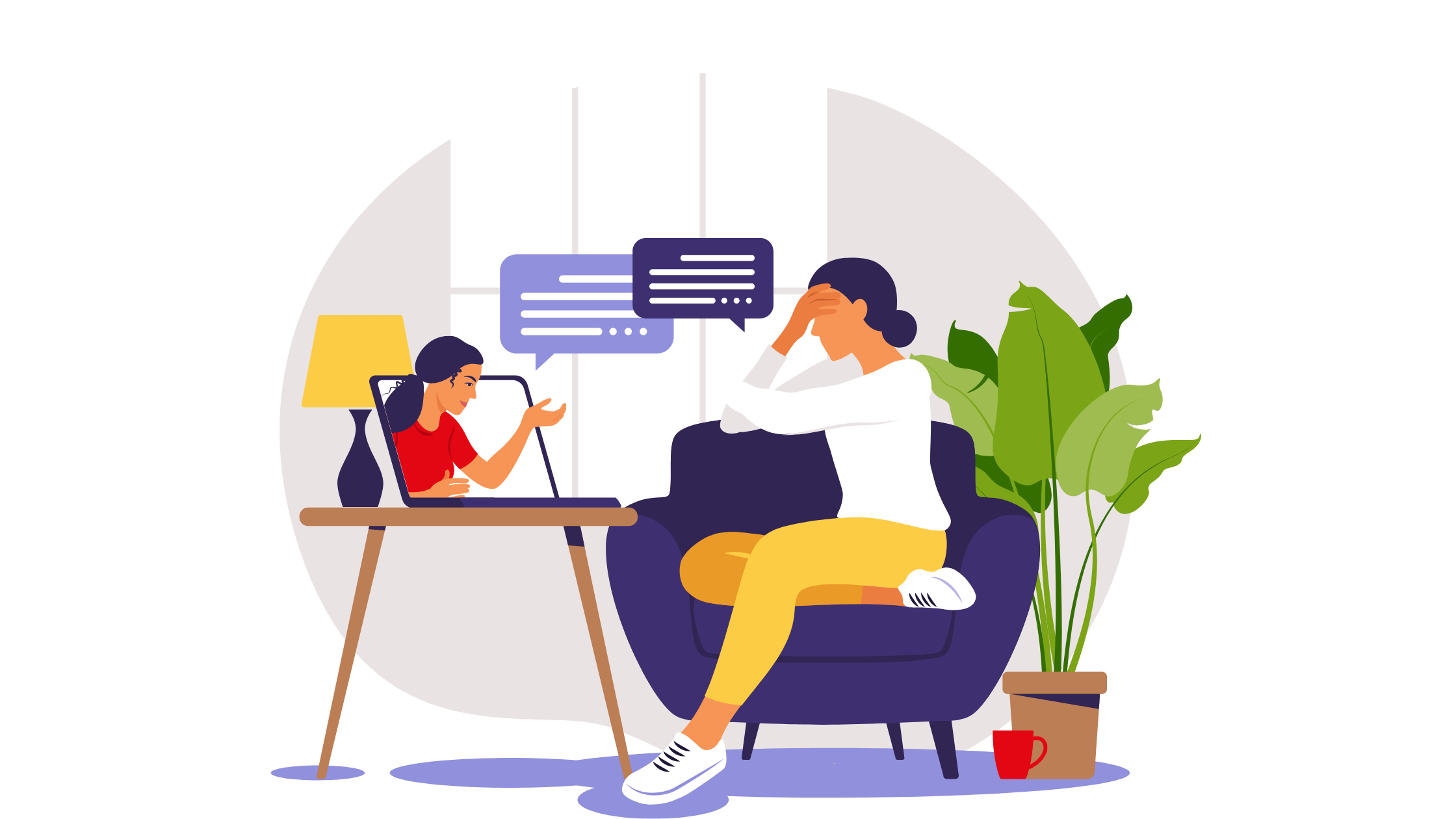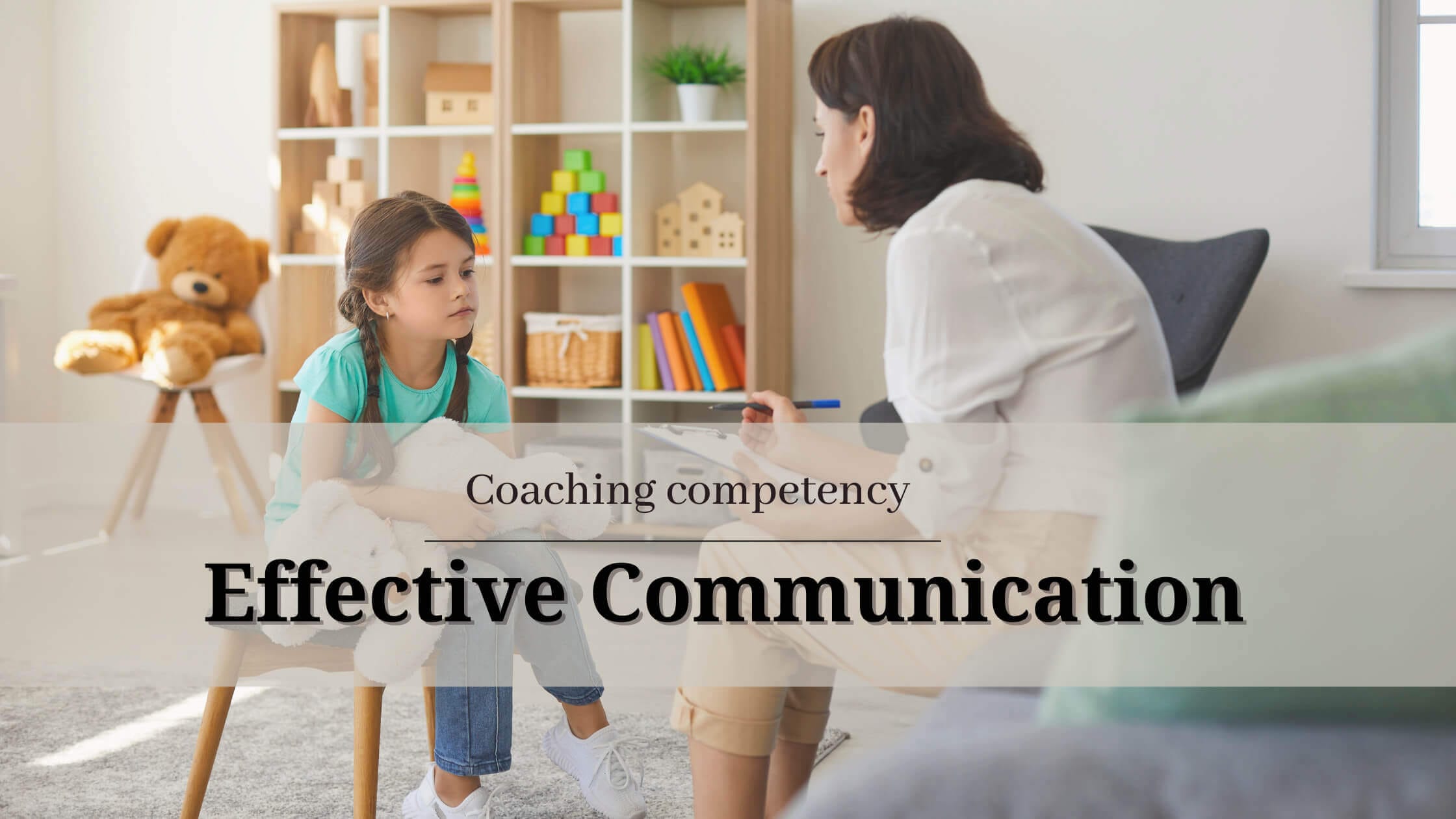In this in-depth look at the 9th CHC Core Coaching Competency, we would take you deeper into the constructs and foundation of the art of ecological goal setting in coaching.
- What really is effective, flexible/person centric communication?
- why do WE call this competency transformational?
- How does the Cognitive Hypnotic Coaching Program help you effectively communicate with all kinds of people with different set of understanding/accessing systems?
What really is Effective communication or Flexible/Person centric communication?

While engaged listening and powerful questioning are important competencies, another thing to keep in mind is that different people communicate differently.
It is important for a therapist to be able to identify and use the style of communication preferred by the client. This requires the therapist to be aware of different aspects of communication (suggestibility, love languages, representation system, level of expressiveness, meta-programs…) that can influence a client’s style of communication.
Based on how the client understands and communicates, the therapist needs to be flexible and communicate accordingly. While this therapeutic competency is closely associated with the person-centric approach, it also helps the therapist build a trust-based relationship.
You might have heard A lot of people say- “I am responsible for what I say and not what others perceive/understand”. We all are blindly fooled by this concept. Yes, I agree communication is a two-way street but the onus solely lies on the communicator to make the recipient aware of the message he is trying to send.
P.S – You can not communicate
No message/communication/silence is also a message/answer/communication.
Why do we call this competency transformational?
Communication is the life-blood of Life-coaching. For that matter, any form of healthy human relationship involves effective communication. It is a life skill that everyone should master but unfortunately, this is one realm that is misunderstood by many.
We call this competency transformational because our Communication model seamlessly integrates and aligns various processes and modalities to help us better understand and in turn effectively practise this skillful art of communication.

Let me give you an example for better understanding-Your partner feels you don’t love them enough, but on the contrary, you put in your 101% to make her/him happy. You get her/him precious gifts all the time, express your love to him/her whenever possible. Yet there is a void in their relationship. Why does this happen?
Have you ever considered checking your & your partner’s love language? Maybe both of you’ll have different languages to express love? There are 5 kinds of love languages namely- words of affirmation, quality time, gifts, physical touch & acts of service.
In the above scenario, the husband’s love language could be Gifts & words of affirmation. While the wife understands love when the husband spends quality time with her. Now, do you understand where the void was? This is just one of the ways to communicate & understand better.
Learning modalities is another one that marks an important aspect of our communication model. We all have 7 intelligences, i.e. we all have 7 different types of ways in which we understand, process and articulate information. Of which Kinaesthetic, auditory and visual modalities are more common and used often.
We not only incorporate processes but also a lot of hypnotic techniques and various neuro-linguistic modalities to smoothen out even the slightest crease in the flow.
Share your story about how this competency has helped you in your coaching practice-
When I look back, I realise how knowing about effective communication is not equal to actually being able to practise it. As a concept it looks easy but when you don’t have the road map to it. Mastering and effectively practicing it could be a hard nut to crack.
Earlier, I would just communicate normally like we all do. I was not bad at it. But most of my actions would base out of intuition or assumption. I would a lot of times generalise, distort, and delete important information without my conscious knowledge. It was only after getting exposed to ICHARS model, I transformed as a coach.
Now that you know what flexible/person-centric communication is, you must be wondering how exactly did I exactly go from a lay communicator to a professional coach. I cannot emphasise much, for me it was ICHARS. It truly was a catalyst in my journey of being a transformational coach.
How does the Cognitive Hypnotic Coaching Program help you effectively communicate with all kinds of people with different set of understanding/accessing systems?

Unlike other coaching programs, Cognitive hypnotic coaching does not just focus on working with the client’s conscious mind but also with the client’s unconscious mind. Because YOUR GROWTH is paramount to us.
The process starts with collecting as much relevant information as we can, while simultaneously recovering breaches like generalisation, distortions & deletions, etc. Post more complex processes are run to chunk down the exact meat.
Since the Cognitive Hypnotic Coaching program is a seamless integration of the SOFT SEA® framework, along with major psychological approaches along with Hypnosis, NLP, mindfulness, and metaphors, it enables coaches to help clients enhance & develop a full proof skill-set that’ll help them sail through most of the storms.
Various techniques covered under the Cognitive Hypnotic Coaching model are-
- Exploring the unknown using meta-model & various language patterns
- 5 love languages
- Eye accessing cues
- Multiple intelligences.
- Matching & mirroring; pace & lead to build an instant rapport.
- Visual, auditory & kinaesthetic to understand clients dominant learning system, so as to entice them in their preferred way of learning
- Eye assessing cues
- Soft Sea
ICHARS’ proprietary SOFT SEA® coaching framework, which focuses extensively on generating an outcome, future, and the plan of action, understanding reasons for achieving an outcome, and also addressing the reasons & hindrances in the process using our probing tools & techniques.
In addition to all this, while you are undergoing your Cognitive Hypnotic Coaching training, you also learn to develop and sustain positive resourceful states for yourself, as a coach. These resourceful states can help you enhance your focus, concentration, thus refining your skills.
If you are a coach or aspiring to be one who wants to make it big, we would really recommend that you explore and understand the Cognitive Hypnotic Coaching framework.
If you are already convinced and want to just know how can you become a Cognitive Hypnotic Coach, check out our Comprehensive Coaching Diploma

